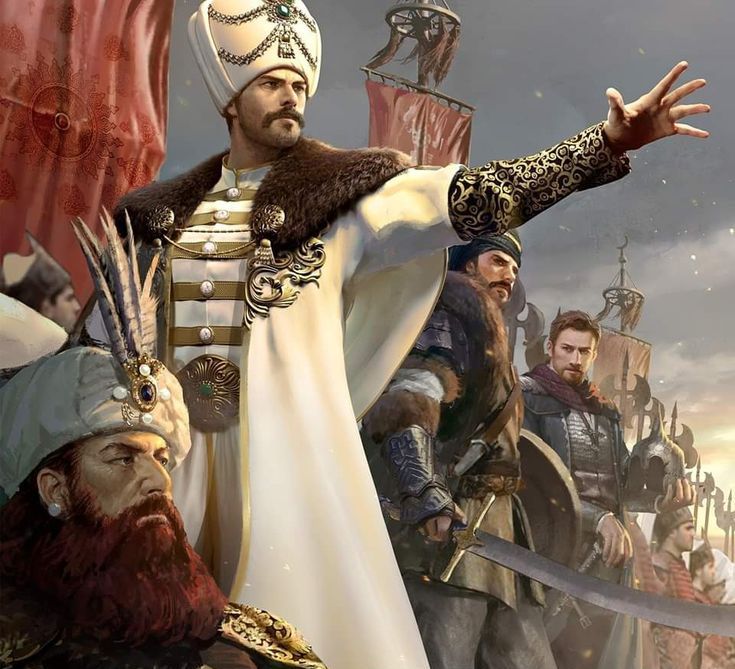Current Affairs (sage study)
Current Affairs is a sage study in the field of Civitas, enabling the character to identify and explain the sequence of events ongoing in the world. The study includes happenings that may be occurring in distant lands, as it is understood with the adoption of the study that the character has access to persons who can update the character about what is going on there.
Contents
Initial knowledge points must be assigned by choice to a special region of the world, as described below. Each time the character adds more knowledge points (upon gaining a new level), these may be applied to a different region or towards those already chosen. Where the events of one region overlap with those of another, the total knowledge points for both are added together to determine the character's total knowledge. Thus, if the character were to have 8 points of Western European affairs and 7 points of Mediterranean affairs, the character would enjoy 15 points where the subject was concerned with relationships between these regions, regarding war or peace.
Sage Abilities
The sage abilities below are those acquired by a character through the study, according to status.
Amateur Status
- Comprehend Conflict: provides understanding for why a locality is experiencing tension or a rise in military activity, related to the larger picture provided by the character's regional knowledge.
Regions of Knowledge
There are 12 regions of current affairs, from which knowledge may be gained:
American Colonies
Includes Canada and the various Danish, Dutch, English, French and Swedish colonies of the Greater and Lesser Antilles and the American seaboard
Baltic & Eastern Europe
Includes those parts of Europe stretching from the Holy Roman Empire to Russia, whose territorial interests focus upon the Baltic and control over the vast forests of these lands. Important political and religious conflicts include the Ottoman Empire's influence; the Hapsburg/Austrian expansion into Slavic territories; strife between Protestant, Catholic and Orthodox Christian factions; the end of the Thirty Years' War; the Polish-Lithuanian commonwealth; Cossack uprisings in the Ukraine; and the Swedish-Polish wars, also known as the Deluge.
China
Includes colonies stretching into Indochina and overseas
East Indies
Includes European colonies of Indochina and the various islands of Borneo, Java, Sumatra and the empires therein east of Burma and south of China
Indian Empires
Includes the Moghul and Safavid Empires of India and Persia, as well as the European colonies attached thereto, extending from the plains of Central Asia to the jungles of Burma
Japan
Includes knowledge of both Japan and Korea, counting the islands from Kamchatka to Ryukyu, along with some of those influenced by Japanese culture in the Pacific
Latin New World
Includes both Spanish and Portuguese colonies in the Western Hemisphere
Mediterranean Basin
Includes those lands of Europe and northern Africa affected by trade and control of the Mediterranean Sea. The area consisted of intense political and military activity, largely due to the Ottoman Empire's control of the eastern basin. European powers such as France, Spain, Venice and the Hapsburgs are seeking to control key trading routes and colonies that conflict with this control. Along with these maritime policies, Barbary Pirates based in North Africa prey upon shipping, resulting in constant small scale naval battles. The Christian-Islam rivalry also promotes hot-headedness and rivalries that constantly threaten war.
Ottoman Empire
Includes all regions controlled by the vast empire, from the Caspian Sea to the Atlas Mountains, counting all the kingdoms of the Arabian Peninsula. In the 17th century, it's facing multiple challenges to its authority and dominance, especially from empires such as the Safavid Persians in the east, the Habsburg Monarchy in Germany, and the Moghul Empire of India, whose traders plunder Ottoman shipping in the Arabian and Red Seas. Forced to balance military campaigns in far-flung parts of its empire, the Ottomans struggle to maintain their control over key trade routes and ports, especially against Venetian merchants.
Siberia
Includes all the non-human races from the Volga River to the Pacific Ocean, including dwarves, gnolls, goblins, hobgoblins, ogres, orcs and more
Sub-saharan Africa
Includes the kingdoms of the Sahara, Guinea, the Congo forest and the savannas of Eastern and Southern Africa, as well as the European colonies attached thereto
Western Europe
Includes the lands of England, France and the Low Countries
The character has no knowledge whatsoever of current affairs outside of their assigned knowledge points.
